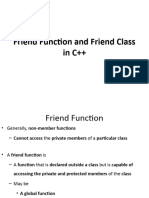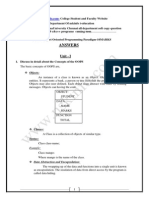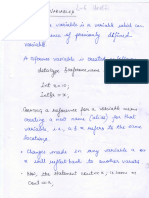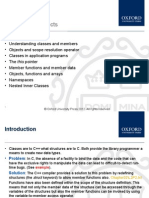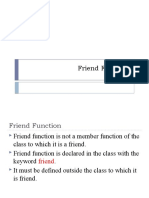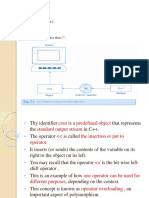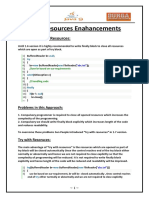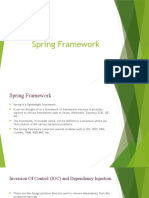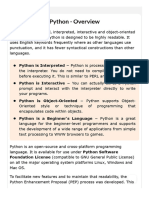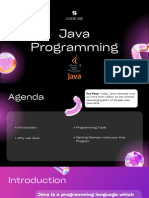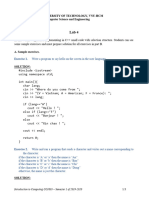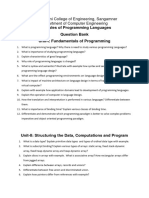0% found this document useful (0 votes)
67 views18 pagesObject Oriented Programming 29 10
This document discusses object-oriented programming concepts like passing objects to functions, returning objects from functions, friend functions, and friend classes. It provides examples of passing class objects as arguments to functions, returning a class object from a function, and declaring friend functions and classes to access private members of other classes.
Uploaded by
Sulaman SadiqCopyright
© © All Rights Reserved
We take content rights seriously. If you suspect this is your content, claim it here.
Available Formats
Download as PPTX, PDF, TXT or read online on Scribd
0% found this document useful (0 votes)
67 views18 pagesObject Oriented Programming 29 10
This document discusses object-oriented programming concepts like passing objects to functions, returning objects from functions, friend functions, and friend classes. It provides examples of passing class objects as arguments to functions, returning a class object from a function, and declaring friend functions and classes to access private members of other classes.
Uploaded by
Sulaman SadiqCopyright
© © All Rights Reserved
We take content rights seriously. If you suspect this is your content, claim it here.
Available Formats
Download as PPTX, PDF, TXT or read online on Scribd
/ 18
















